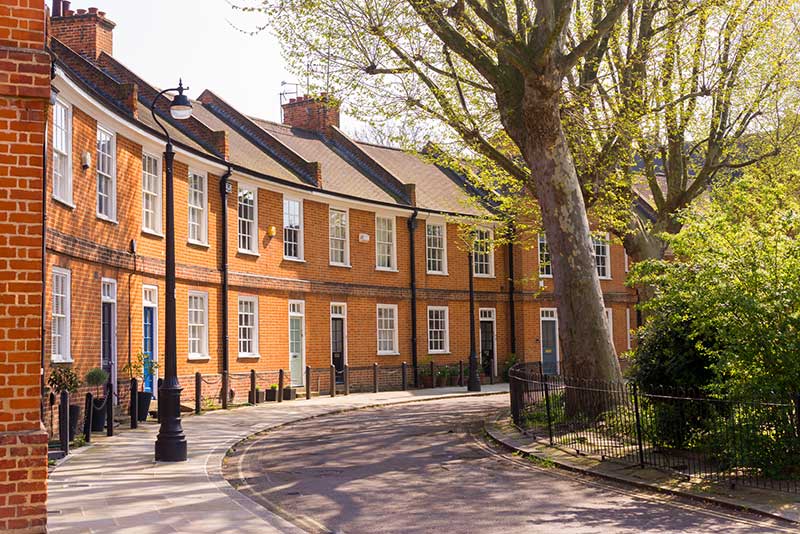24
September 2018
House Price Growth Continues to Slow
The Office for National Statistics reported the lowest annual growth rate for UK house properties in half a decade, at 3.1%. This is down from 3.2% in July last year.
This follows a similar report from Nationwide last month, that put annual growth even lower, at 2%.
In July, the average UK house price was £231,000, which sits £2,000 higher than June, as prices increased by 0.3% between the two months.
The average house cost £6,000 more in July this year than it did in in July 2017.
Mike Hardie, head of inflation at the ONS, said that the overall trajectory had been impacted by a slump in London’s growth: "UK house prices continued to grow, but at their lowest annual rate for five years, driven again by a fall in London."
Prices have fallen in the capital by 0.7% this year, according to the ONS.
The average London house will still set you back a cool £484,926, however. This is nearly four times more than the average property price of £131,505 in the north east of England.
Buyers around London are looking towards the commuter belt to find more affordable homes.
Annual property price growth in towns like Reading and Luton, which are within a commutable distance of London, has reportedly reached close to 10%, according to recent research from Post Office Money.
Chrysanthy Pispinis spoke for the lender: "With first-time buyers increasingly citing location as an area they are willing to compromise on, it follows that buyers have been looking for more affordable yet commutable options."
The north west of England has experienced the fastest growth in property prices. Annual price growth for properties in the region stood at 5.6% in July.
Housesimple.com CEO Sam Mitchell commented on the findings, saying:
“These latest figures confirm what we already know, that the North-South divide has been turned on its head.
While property prices in the North have a spring in their step, driven by inward investment, thriving regional business hubs and a buoyant jobs market, London price growth is in reverse… many of the transactions going through at the moment are down to sellers accepting offers a fair bit below the asking price. Sellers and agents need to adjust their price expectations if they want to attract buyers.”
Paul Smith, chief executive of Haart Estate Agents, advised against Brexit ‘hysteria’, denying claims that the figures indicate a future property crash.
He said: "The hubbub around Brexit has reached fever pitch over the last couple of weeks, but aspiring buyers, home sellers and investors must not bow to the hysteria and remember the fundamentals of the market remain the same.
"House prices across the UK have risen by 31pc in the last 10 years alone, and in some areas across the West Midlands and the North West today prices have risen by almost 20pc on the year. Hardly an indication that we are heading for a house price crash."





